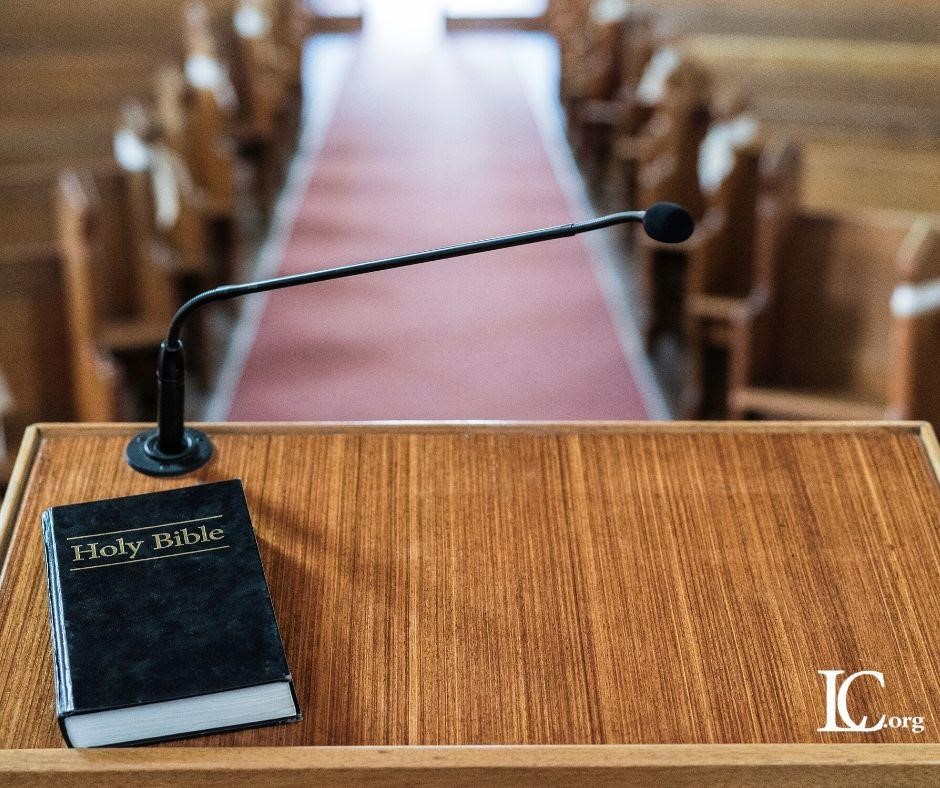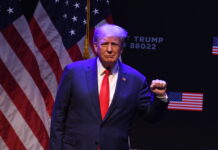Kentucky Attorney General Daniel Cameron filed another amicus brief at the federal Court of Appeals continuing to support Liberty Counsel’s lawsuit on behalf of Maryville Baptist Church against Governor Beshear’s unconstitutional “no religious services” orders on churches.
The federal Court of Appeals already issued two 3-0 decisions in favor of the church regarding parking-lot and in-person services. The church is continuing the case to obtain a permanent injunction against Gov. Beshear to prevent him from returning to the prior orders, which he clearly wants to do based on his arguments before the courts.
Attorney General Cameron stated in his brief: “Kentucky Governor Andy Beshear used his pen to close houses of worship across the Commonwealth while allowing similar secular activities to continue uninterrupted. Pandemic or not, the Constitution prohibits public officials from targeting religious exercise in this manner. As the attorney for the people of the Commonwealth, Attorney General Cameron submits this brief in support of the Appellants’ request for a preliminary injunction preventing further religious discrimination.”
The attorney general supports reversing the district court’s denial of the preliminary injunction against Maryville Baptist Church. AG Cameron further states: “In response to the Covid-19 pandemic, Governor Beshear issued a series of executive orders that effectively prohibited in-person religious services across the Commonwealth. These orders were necessary, the Governor explained, to prevent further spread of Covid-19—a highly contagious and sometimes-fatal disease. Despite that, Governor Beshear included numerous carve-outs for secular activities posing the same or greater risks. What looked like a generally applicable law at first blush turned out to be an exception-riddled policy that left the faithful alone to bear its burdens. This kind of discrimination against the free exercise of religion cannot be permitted.”
On Easter Sunday, Kentucky State Police troopers came to Maryville Baptist Church, wrote down license plate numbers, and placed notices on every car in the church parking lot. The church set up speakers outside for a parking lot service. The state troopers did not go inside the church where a small number of people were spread far apart in a 700-seat sanctuary. Following Gov. Beshear’s threat to target anyone who attended a church service, they placed quarantine notices on each car, including those where people stayed in their cars for the drive-in parking lot service. Anyone who did not drive off were given notices, including two media vehicles.
On Thursday, anyone whose car was in the parking lot on Easter Sunday received a letter from Gov. Beshear that stated, in part: “You are receiving this letter because your vehicle was documented to have been parked where a mass gathering was held on Sunday, April 12, 2020 at Maryville Baptist Church.… If you and/or someone in your household attended the above gathering, following the guidance from the Kentucky Department for Public Health, you are advised to restrict movement to home while self-monitoring with public health supervision for 14 days from attending the mass gathering.”
Liberty Counsel Founder and Chairman Mat Staver said, “Gov. Andy Beshear has clearly discriminated against churches throughout the Commonwealth of Kentucky. The discrimination against religious meetings is clear because the orders permit an unlimited number of people to gather in churches for secular meetings but then imposed restrictions on religious gatherings. Churches have a constitutional right to meet. The First Amendment does not disappear during a crisis.”















